有很多雅思考生苦于不知道如何积累和寻找
雅思写作素材
,其实素材就在身边,剑桥阅读复习资料就是很好的资源,读写不分,很多剑桥阅读都是议论文,涵盖教育,环境,全球化,犯罪,心理学等和写作话题完全一样的文章,这些文章是适合做精读分析的,比如下面这篇剑五讲孩子的早教的这篇文章。
Early Childhood Education
A
'Education To Be More' was published last August. It was the report of the New Zealand Government's Early Childhood Care and Education Working Group. The report argued for enhanced equity of access and better funding for childcare and early childhood education institutions. Unquestionably, that's a real need; but since parents don't normally send children to pre-schools until the age of three, are we missing out on the most important years of all?
B
A 13-year study of early childhood development at Harvard University has shown that, by the age of three, most children have the potential to understand about 1000 words - most of the language they will use in ordinary conversation for the rest of their lives.
Furthermore, research has shown that while every child is born with a natural curiosity, it can be suppressed dramatically during the second and third years of life. Researchers claim that the human personality is formed during the first two years of life, and during the first three years children learn the basic skills they will use in all their later learning both at home and at school. Once over the age of three, children continue to expand on existing knowledge of the world.
C
It is generally acknowledged that young people from poorer socio-economic backgrounds tend to do less well in our education system. That's observed not just in New Zealand, but also in Australia, Britain and America. In an attempt to overcome that educational under-achievement, a nationwide programme called 'Headstart' was launched in the United States in 1965. A lot of money was poured into it. It took children into pre-school institutions at the age of three and was supposed to help the children of poorer families succeed in school.
Despite substantial funding, results have been disappointing. It is thought that there are two explanations for this. First, the programme began too late. Many children who entered it at the age of three were already behind their peers in language and measurable intelligence. Second, the parents were not involved. At the end of each day, 'Headstart' children returned to the same disadvantaged home environment.
D
As a result of the growing research evidence of the importance of the first three years of a child's life and the disappointing results from 'Headstart', a pilot programme was launched in Missouri in the US that focused on parents as the child's first teachers. The 'Missouri' programme was predicated on research showing that working with the family, rather than bypassing the parents, is the most effective way of helping children get off to the best possible start in life. The four-year pilot study included 380 families who were about to have their first child and who represented a cross-section of socio-economic status, age and family configurations. They included single-parent and two-parent families, families in which both parents worked, and families with either the mother or father at home.
The programme involved trained parent?educators visiting the parents' home and working with the parent, or parents, and the child. Information on child development, and guidance on things to look for and expect as the child grows were provided, plus guidance in fostering the child's intellectual, language, social and motor-skill development. Periodic check-ups of the child's educational and sensory development (hearing and vision) were made to detect possible handicaps that interfere with growth and development. Medical problems were referred to professionals.
Parent-educators made personal visits to homes and monthly group meetings were held with other new parents to share experience and discuss topics of interest. Parent resource centres, Located in school buildings, offered learning materials for families and facilitators for child care.
E
At the age of three, the children who had been involved in the 'Missouri' programme were evaluated alongside a cross-section of children selected from the same range of socio-economic backgrounds and Family situations, and also a random sample of children that age. The results were phenomenal.
By the age of three, the children in the programme were significantly more advanced in language development than their peers, had made greater strides in problem solving and other intellectual skills, and were Further along in social development. In fact, the average child on the programme was performing at the level of the top 15 to 20 per cent of their peers in such things as auditory comprehension, verbal ability and language ability.
Most important of all, the traditional measures of 'risk', such as parents' age and education, or whether they were a single parent, bore little or no relationship to the measures of achievement and language development. Children in the programme performed equally well regardless of scio-economic disadvantages.
Child abuse was virtually eliminated. The one factor that was found to affect the child's development was family stress leading to a poor quality of parent-child interaction. That interaction was not necessarily bad in poorer families.
F
These research findings are exciting. There is growing evidence in New Zealand that children from poorer socio-economic backgrounds are arriving at school less well developed and that our school system tends to perpetuate that disadvantage.
The initiative outlined above could break that cycle of disadvantage.
The concept of working with parents in their homes, or at their place of work, contrasts quite markedly with the report of the Early Childhood Care and Education Working Group. Their focus is on getting children and mothers access to childcare and institutionalised early childhood education.
Education from the age of three to five is undoubtedly vital, but without a similar Focus on parent education and on the vital importance of the first three years, some evidence indicates that it will not be enough to overcome educational inequity.
解析:
1. personality is formed 性格的形成(重要短语)
2. basic skills 基本技能
3. expand 扩张,扩张,膨胀(雅思核心词)the city expands.
4. It is generally acknowledged that young people from poorer socio-economic backgrounds tend to do less well in our education system.(It is generally acknowledged that 人们普遍承认)
5. disadvantaged home environment 不利的庭环境
6. cross-section of socio-economic status 不同的社会经济地位
7. fostering the child's intellectual, language, social and motor-skill development 培养智力,语言,社交和运动发展能力
8. check-up 体检
9. interfere 干涉(雅思核心词)
10. verbal 言语,口头
11. Child abuse 虐待儿童,abuse 虐待,滥用。 Abuse power 滥用职权
12. parent-child interaction 长孩子互动
13. access to 接入,进入 You need the password to get access to the system.
以上就是为考生们带来的如果积累雅思写作素材:巧用雅思阅读文章。更多
,可关注网站。
阅读本文的人还阅读:


 越南雅思考团是骗局吗?这篇文章带你认识最真实的越南考团!
越南雅思考团是骗局吗?这篇文章带你认识最真实的越南考团!
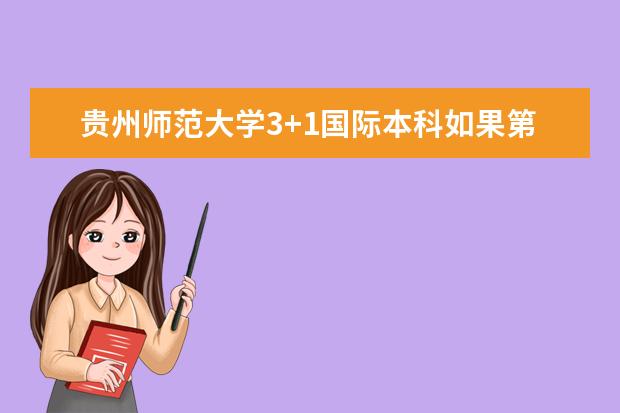 贵州师范大学3+1国际本科如果第一年末雅思成绩不合格怎么办
贵州师范大学3+1国际本科如果第一年末雅思成绩不合格怎么办
 大学毕业后可以自己挣钱自费去加拿大吗?留学一年要多少钱呢?如果想
大学毕业后可以自己挣钱自费去加拿大吗?留学一年要多少钱呢?如果想
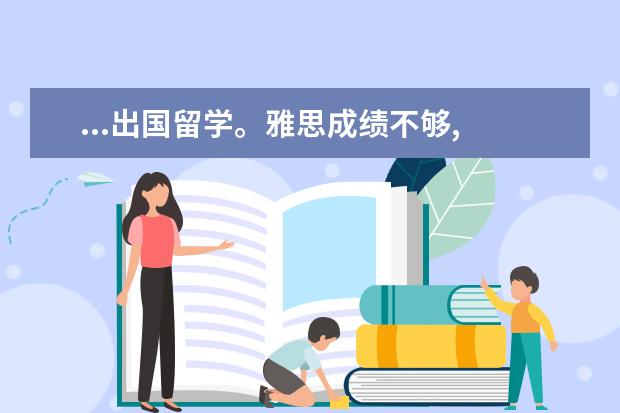 ...出国留学。雅思成绩不够, 如果提交假的雅思成绩单会被发现吗?
...出国留学。雅思成绩不够, 如果提交假的雅思成绩单会被发现吗?
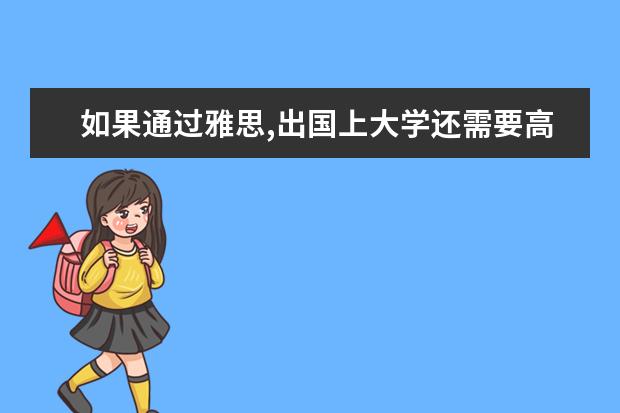 如果通过雅思,出国上大学还需要高考成绩吗?
如果通过雅思,出国上大学还需要高考成绩吗?
 如果考到托福100+都可以申请哪些美国大学
如果考到托福100+都可以申请哪些美国大学
 一石二鸟--精读如何提高雅思阅读雅思写作两分项
一石二鸟--精读如何提高雅思阅读雅思写作两分项
 从雅思阅读看雅思写作:为什么动物园有诸多好处
从雅思阅读看雅思写作:为什么动物园有诸多好处
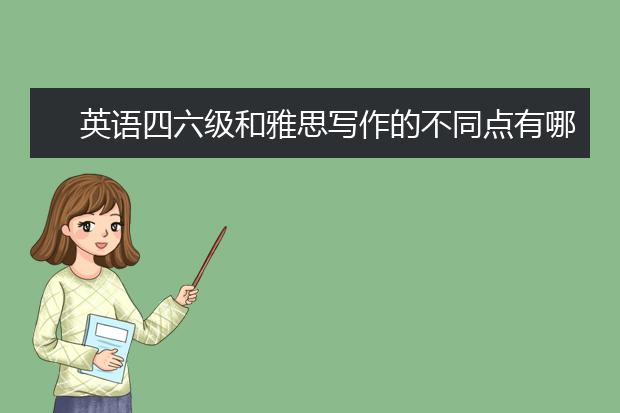 英语四六级和雅思写作的不同点有哪些/英语四六级和雅思阅读如何备考
英语四六级和雅思写作的不同点有哪些/英语四六级和雅思阅读如何备考
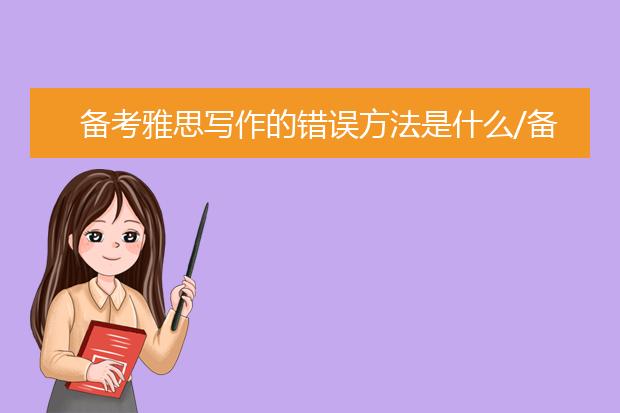 备考雅思写作的错误方法是什么/备考雅思阅读的方法是什么
备考雅思写作的错误方法是什么/备考雅思阅读的方法是什么